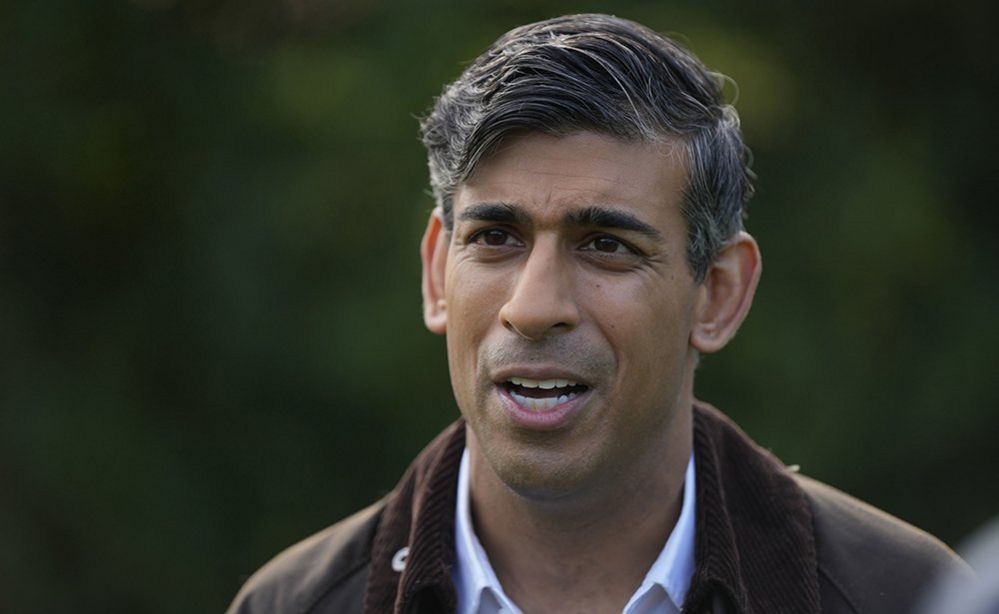-

-
-
Loading

Loading

Rishi Sunak, the UK's Chancellor of the Exchequer, has emphasized that the country will still achieve its net zero targets despite criticism from the government's climate adviser. In an interview with the BBC, Sunak denied slowing down efforts to combat climate change, even after implementing significant changes to green policies. These changes have faced backlash, with the Climate Change Committee (CCC) stating that the UK has regressed in its efforts. However, Sunak remains confident that the UK will reach net zero by 2050. In an attempt to seize the political agenda, the Prime Minister, Boris Johnson, unveiled exemptions and delays to key green policies, while also increasing cash incentives for replacing gas boilers. One notable change was a five-year extension on the ban of new petrol and diesel car sales. The Conservative Party, under Sunak's leadership, aims to create divisions with opposition parties ahead of the upcoming general election. Sunak has been signaling a shift in approach to achieving net zero, framing these changes as pragmatic and highlighting the costs associated with low-carbon technology. However, earlier this year, the Climate Change Committee warned that the UK's progress towards net zero was worryingly slow. The committee's CEO, Chris Stark, criticized Sunak's announced changes, stating that they would make it harder for the government to meet legally binding climate goals. Sunak disagreed, stating that the country hadn't had an honest conversation about the requirements to achieve these targets. Since his speech, Sunak has faced criticism for falsely claiming that he was scrapping proposals to increase air fares and tax meat consumption. These proposals had never been government policies. When questioned about his decision to go against the committee's recommendations, Sunak accused the CCC of euphemistically proposing compulsory car-pooling and a tax on meat. In reality, the committee had suggested "low-cost, low-regret" actions to reduce meat consumption. Despite potential legal challenges, Sunak expressed confidence in the UK's ability to meet its climate targets. The Prime Minister defended his changes, stating that they were part of a broader plan to reshape the country. Labour party criticized the weakened green pledges, arguing that they would have long-term financial repercussions for the public and accusing Sunak of sacrificing job opportunities. Labour remains committed to phasing out new petrol and diesel cars by 2030. The UK, as an ambitious country in cutting its carbon footprint, has been seen as a leader in climate action. However, Sunak's announcement has prompted concerns about the country's commitment to climate leadership. Former Conservative minister, Sir Alok Sharma, expressed concerns about how international colleagues could interpret the UK's policy changes and potentially follow suit.